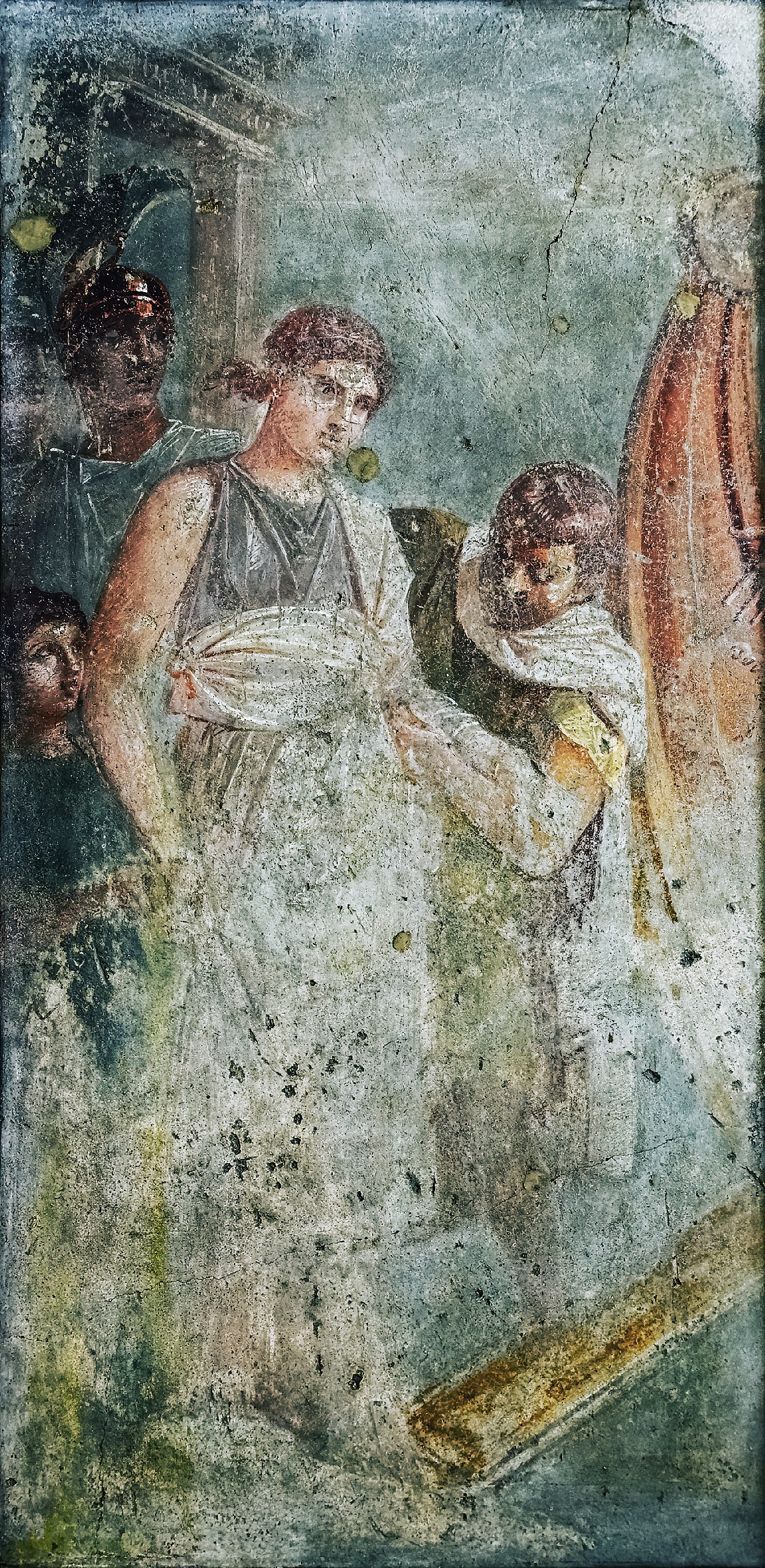seleanor
Active member
Many people think that Helen of Troy is a love story… but the details of the story are quite contested. She was said to be the most beautiful woman in the entire world, and the son of Zeus. Her image is depicted in so many ancient Greek illustrations and her beauty was referenced throughout many Greek mythological stories. In some versions of the myth, they depict Helen as Paris's lover, who willingly fled with him. On the other hand, other stories depict her as a victim who was abducted by Paris. What do you all think? Here is a link of the full story...

 en.wikipedia.org
en.wikipedia.org




